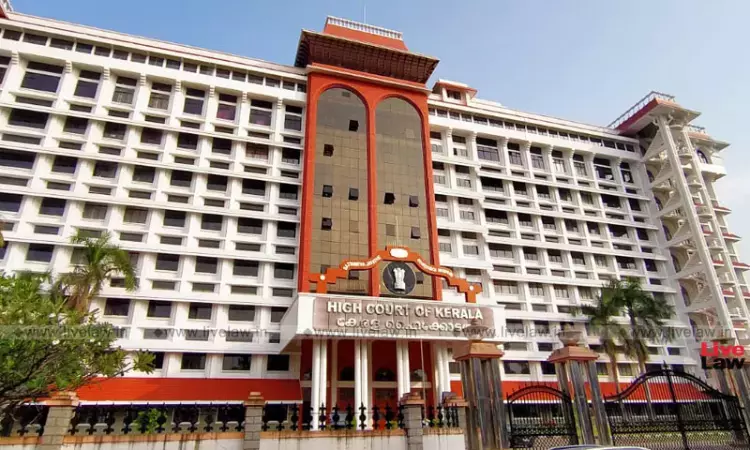Family Court Has Jurisdiction To Entertain Plea Seeking Reliefs U/S 18-22 Domestic Violence Act: Kerala High Court
Navya Benny
3 Nov 2023 10:45 AM IST

Next Story
3 Nov 2023 10:45 AM IST
The Kerala High Court has laid down that the Family Court has the jurisdiction to entertain a petition seeking reliefs under the Protection of Women from Domestic Violence Act, 2005."What is discerned from the provisions of Section 12 is that an aggrieved person is free to elect any of the reliefs. The legislature in the wisdom has framed the Act by taking into consideration the doctrine...
